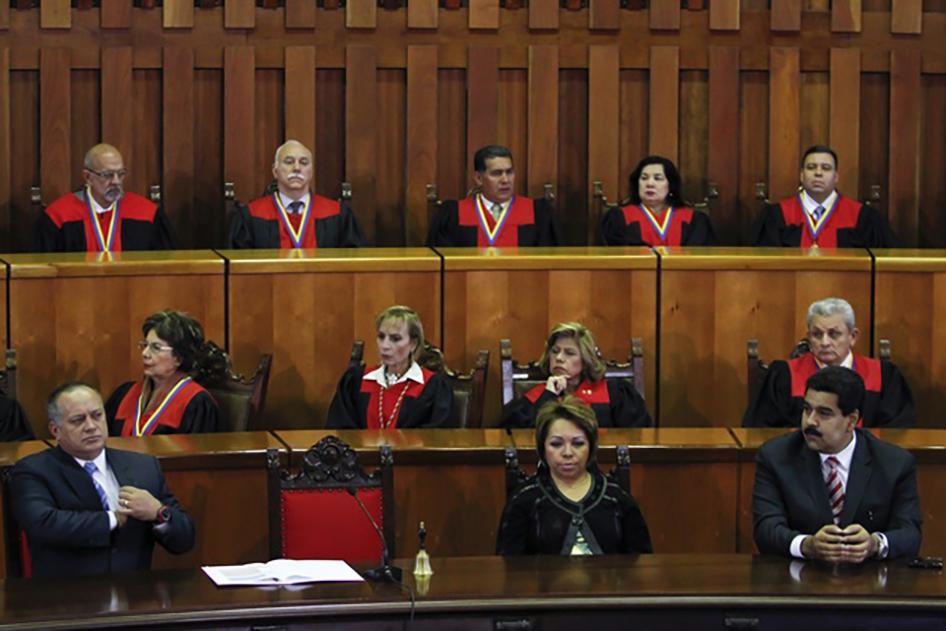By Brittani Howell
Impunity Watch Reporter
JERUSALEM, ISRAEL – Last Thursday, two unnamed Israeli minors were given lengthy prison sentences for the murder of Palestinian teenager, Muhammed Abu Khdeir. The older of the two minors, who was seventeen years old at the time of the murder, was sentenced to 28 years (the 25-year maximum life sentence plus an additional three years). The younger one, he was 16 at the time, was sentenced to 21 years, because the court found that he was not actually involved in the murder.

The main defendant, 31-year-old Yosef Haim Ben-David, has yet to be sentenced as he plead insanity at the last minute. Last November, all three were found guilty of kidnapping and murder. Mohammed Abu Khdeir was kidnapped the morning of the 2nd of July 2014 and his body was later found in the forest.
A few days before the murder of Mohammed Abu Khdeir three Israeli teenagers were found dead in a field in West Bank, presumably kidnapped and killed by Palestinian Hamas militants. After being arrested, the defendants confessed the murder of Abu Khdeir was an act of revenge for the killing of the three Israeli’s.
Regarding the shorter sentence for the younger teen, the court ruled “He is the youngest of the bunch with potential for rehabilitation.” The court continued, “His actions are also vicious, he captured the deceased, prevented him from resisting, assisted in strangling him. But nevertheless, he did not take part physically in the last stage that led to his beating and the pouring of the fuel or oil on his body.”
Mohammed Abu Khdeir’s mother, Suha, told reporters, “what kind of justice is this? I’m a mother who lost her son forever, while I’m sure they will be released in 10 years or less. Why? This isn’t justice. This is unfair. I won’t accept such a ruling.” The father stated the family will be sending an appeal, arguing both of the minors should have received life sentences.
Mohammed Abu Khdeir’s father stated, “My wife and I are having nightmares in the middle of the night when we think about what has happened to our son.” He continued, “We are not stable and very emotional about the entire thing.”
For more information, please see:
BBC News – Mohammad Abu Khdair Murder: Two Israelis Jailed – 4 February 2016
CNN – Israeli Teens Sentenced for Palestinian Boy’s Burning Death – 4 February 2016
The Guardian – Israeli Teenagers Jailed for Murder of Palestinian Boy – 4 February 2016
The New York Times – 2 Israelis Sentenced in 2014 Murder of Palestinian Teenager – 4 February 2016
